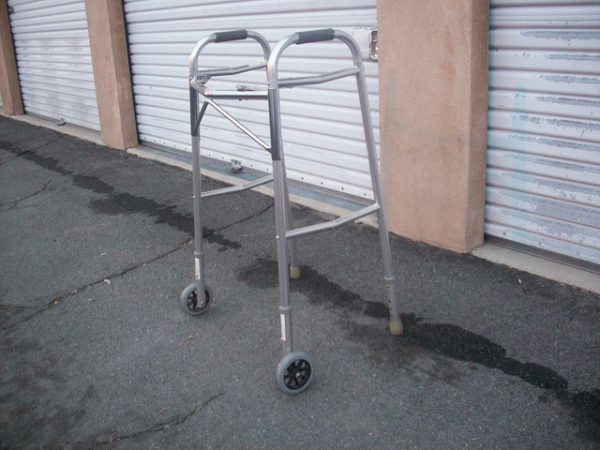When a Company Becomes a Guardian

Photo credit: Alisha Vargas, CC BY 2.0.
Today, in “how is this even possible,” we go to The New Yorker:
On the Friday before Labor Day, 2013, the Norths had just finished their toast when a nurse, who visited five times a week to help Rennie bathe and dress, came to their house, in Sun City Aliante, an “active adult” community in Las Vegas. They had moved there in 2005, when Rudy, a retired consultant for broadcasters, was sixty-eight and Rennie was sixty-six. They took pride in their view of the golf course, though neither of them played golf.
Rudy chatted with the nurse in the kitchen for twenty minutes, joking about marriage and laundry, until there was a knock at the door. A stocky woman with shiny black hair introduced herself as April Parks, the owner of the company A Private Professional Guardian. She was accompanied by three colleagues, who didn’t give their names. Parks told the Norths that she had an order from the Clark County Family Court to “remove” them from their home. She would be taking them to an assisted-living facility. “Go and gather your things,” she said.
Rennie began crying. “This is my home,” she said.
As journalist Rachel Aviv explains, there are ways for companies to legally establish themselves as people’s guardians—even if those people have family members taking care of them, and without those family members’ knowledge or consent. Once a company has guardianship, they also have the right to sell their wards’ assets.
This is not a happy story.
Support The Billfold
The Billfold continues to exist thanks to support from our readers. Help us continue to do our work by making a monthly pledge on Patreon or a one-time-only contribution through PayPal.
Comments